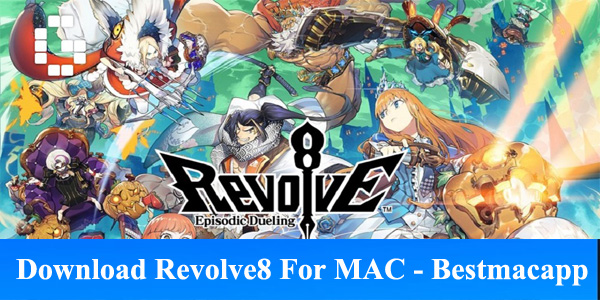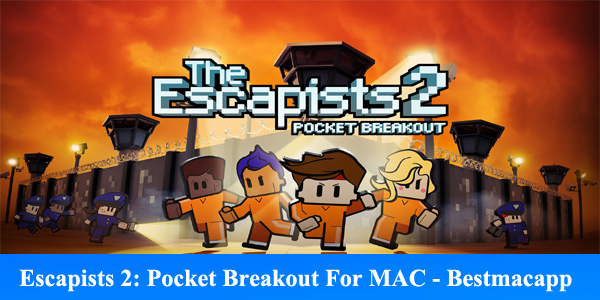A profound digital revolution is reshaping the landscape of traditional finance and investments, ushering in an era of increased efficiency and accessibility.
At the forefront of this transformation stands BlackRock, the world’s largest asset manager renowned for its recent launch of a Bitcoin ETF. In collaboration with Securitize, BlackRock aims to tokenize a staggering $10 trillion worth of assets. Carlos Domingo, CEO of Securitize, emphasized the significance of this endeavor, stating that digitization is making traditional financial products more accessible.
This strategic move reflects BlackRock’s unwavering commitment to innovation and signals a broader trend shaping investment strategies: the emergence of Real World Assets (RWA) tokenization.
RWA tokenization involves converting the ownership rights of various assets, including bonds, equity, real estate, and cultural assets, into digital tokens on the blockchain. Tokenization is usually done by companies specialized in this activity, like for example NYALA. This groundbreaking innovation promises to enhance liquidity, establish ownership records, and foster transparency, democratizing investment opportunities that were once exclusive.
In a significant development in March 2024, BlackRock unveiled its inaugural tokenized fund, the BlackRock USD Institutional Digital Liquidity Fund, issued on the Ethereum blockchain. Robert Mitchnick, Head of Digital Assets at BlackRock, hailed this as a pivotal step in their digital assets strategy, aiming to address clients’ needs effectively. This collaboration underscores BlackRock’s strategic focus on leveraging technology to drive growth, aligning with its substantial investments in tech giants and its extensive $10 trillion asset portfolio.
Real estate tokenization, buoyed by BlackRock’s management of approximately $39 billion in assets, heralds a transformative era for property investment. Leveraging security and utility tokens, tokenization endeavors to augment market liquidity and accessibility. By enabling fractional ownership, it introduces unprecedented fluidity and adaptability to real estate investment. This innovative approach holds the potential to democratize property ownership, paving the way for a more inclusive and dynamic real estate market landscape.
Security tokens epitomize ownership or vested interest in tangible assets and adhere to regulatory oversight. Their integration in real estate enables the trade of tokenized property shares, unlocking avenues for income generation and asset appreciation. This paradigm amplifies market liquidity, empowering dynamic investment approaches and broadening investor participation.
On the contrary, utility tokens signify ownership over an entire asset, akin to a standalone property, devoid of security categorization and SEC filing obligations. Often referred to as NFTs or RWA NFTs, these tokens can be further fragmented into shares, potentially classifying them as securities.
Both variants of real-world asset tokenization mandate KYC/AML verification for participating wallets, ensuring compliance with securities and real estate regulations.
A recent discourse initiated on asset tokenization has ignited substantial interest, underscoring the growing anticipation surrounding its potential. As we teeter on the brink of this transformative juncture, its ramifications for investors, enterprises, and the wider economy are profound. By dismantling investment barriers and ushering in unprecedented flexibility and accessibility, tokenization stands poised to revolutionize the investment landscape dramatically.
The collaborative efforts of BlackRock and Securitize command global attention. Their strides towards tokenizing $10 trillion in assets signify a bold endeavor to harness innovation in reshaping the financial terrain.
Enabling Access and Participation with Utility Tokens
Security tokens serve as ownership or vested interest in tangible assets and adhere to regulatory oversight. Their integration in real estate enables the trade of tokenized property shares, unlocking avenues for income generation and asset appreciation. This paradigm amplifies market liquidity, empowering dynamic investment approaches and broadening investor participation.
On the contrary, utility tokens signify ownership over an entire asset, akin to a standalone property, devoid of security categorization and SEC filing obligations. Often referred to as NFTs or RWA NFTs, these tokens can be further fragmented into shares, potentially classifying them as securities.
Both variants of real-world asset tokenization mandate KYC/AML verification for participating wallets, ensuring compliance with securities and real estate regulations.
A recent discourse initiated on asset tokenization has ignited substantial interest, underscoring the growing anticipation surrounding its potential. As we teeter on the brink of this transformative juncture, its ramifications for investors, enterprises, and the wider economy are profound. By dismantling investment barriers and ushering in unprecedented flexibility and accessibility, tokenization stands poised to revolutionize the investment landscape dramatically.
The collaborative efforts of BlackRock and Securitize command global attention. Their strides towards tokenizing $10 trillion in assets signify a bold endeavor to harness innovation in reshaping the financial terrain.













